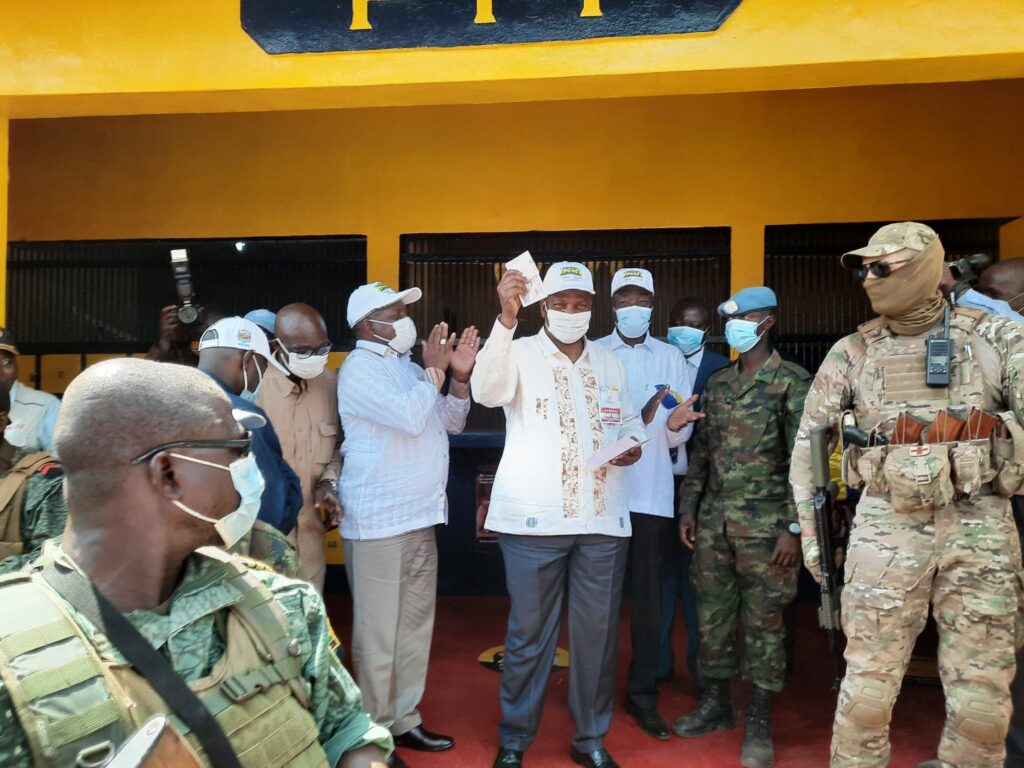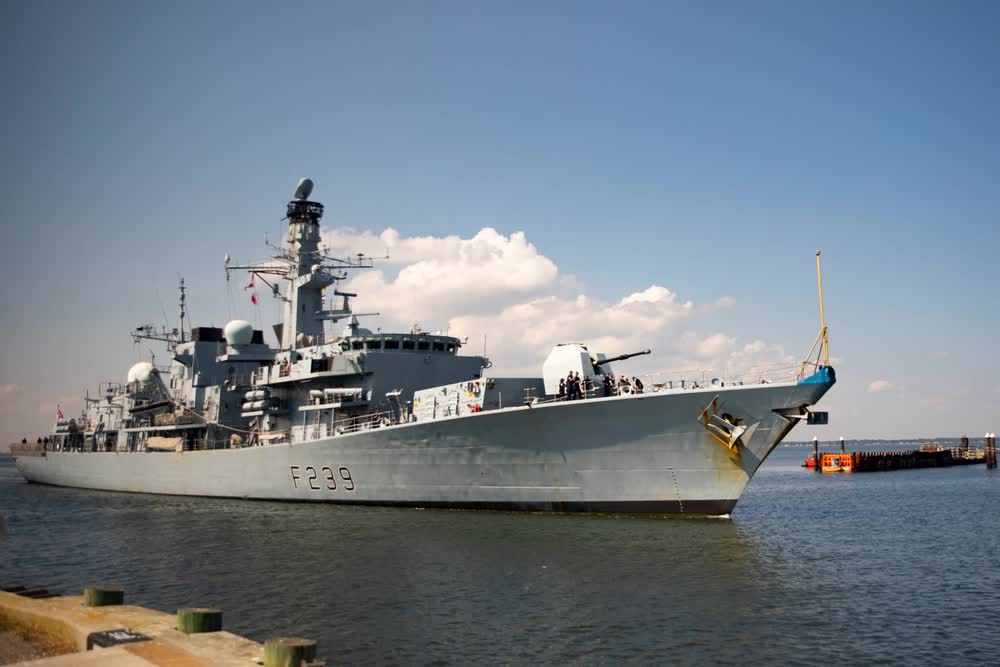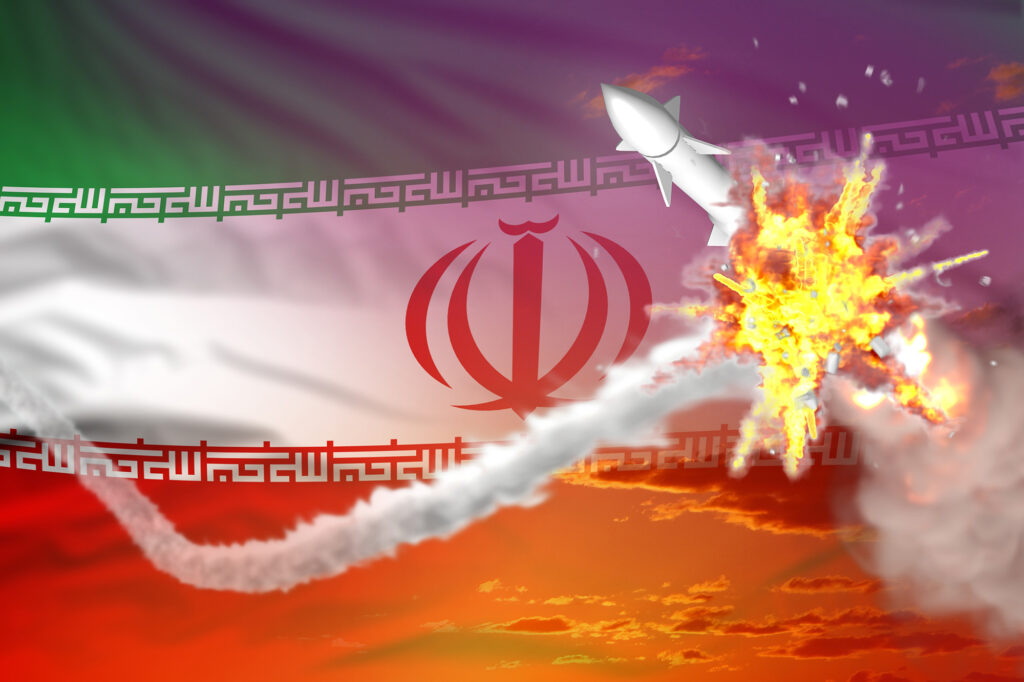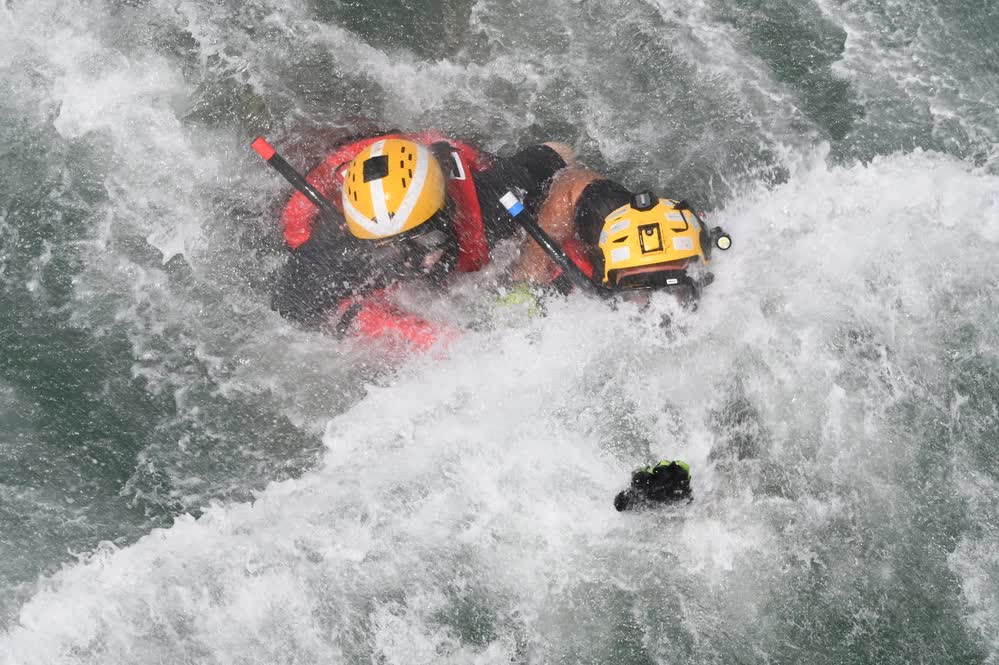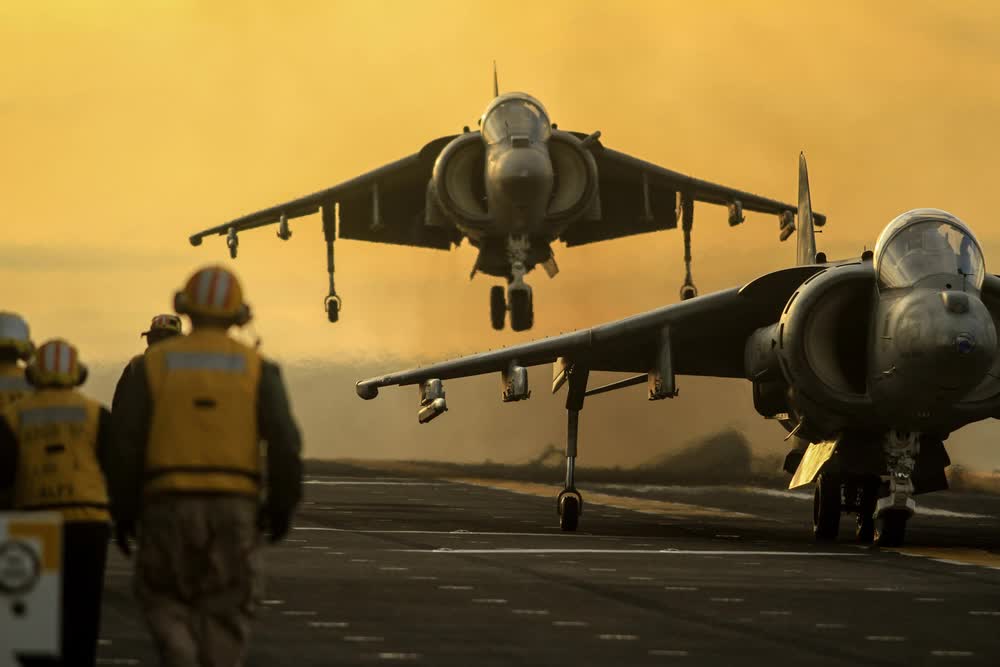“Plausible deniability.” An essential weapon in the hybrid warfare arsenal of the Kremlin. By utilizing private military companies (PMCs), the Russian state enforces its existing spheres of influence, focusing not only on existing spheres such as former Soviet states like Ukraine and Belarus but also on new opportunities further afield in Africa, like the Central African Republic (CAR).
Timeline of Russian influence in the Central African Republic
- The CAR government grew impatient with the UN arms embargo imposed on the nation since 2013.
- Struggling against an insurgency from the Séléka coalition and anti-balaka militias, the CAR called for assistance in military equipment coinciding with a French material and political withdrawal.
- In 2017, CAR President Faustin-Archange Touadéra met with Russian Foreign Minister Sergey Lavrov. The nature of the meeting was to request assistance to bolster the CAR army against the rebels.
- Russia secured an exemption from the embargo in December 2017, ships Russian-made arms and Russian PMCs (Private Military Contractors) in 2018.
France Withdraws
French soldiers were once very active in CAR affairs. Operation Sangaris in 2013 was an attempt by French forces to stabilise the civil war. Civilian deaths and scandals marred the campaign. Following the operation, France made the decision to withdraw from CAR, despite once having a strategic interest in the natural resource potential in the country. French state-owned nuclear giant Areva purchased uranium mining rights for $2.5 billion in 2007. However, in 2012 it proved to be a poor choice when uranium levels were significantly lower than estimated.
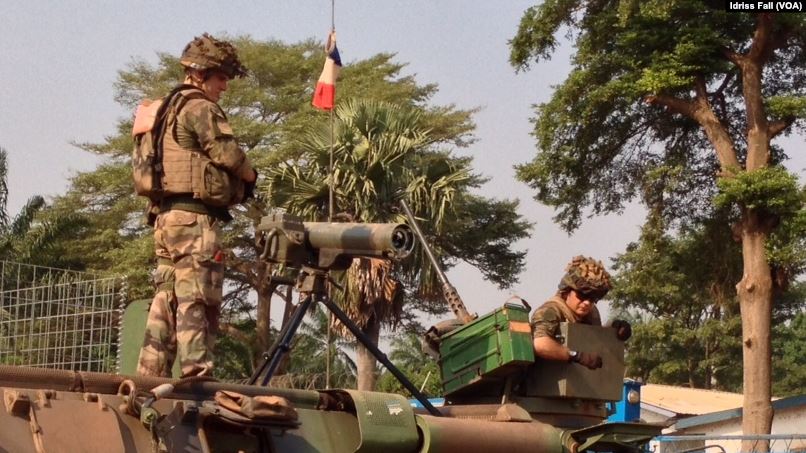
The CAR government repeatedly requested military aid to fight the rebels, which was met by timid assistance from the French, in the form of poorly maintained Chinese and Pakistani AK-47s. These small arms were confiscated from the terror group Al-Shabaab in Somalia. Disappointed, the CAR government was forced to deal with the Russians for proper equipment and support.
Wagner and Co.
It is important to remember that the Wagner Group is just one cog in a growing Russian PMC machine; a machine providing military instructors, security advisors, and armed guards for VIPs, facilities, and mines. This includes protecting construction materials transported from Sudan, another African country with a Russian PMC presence. Operators frequently arrive with the weapons sent to the CAR, under the context of “military instructors.”
While PMCs are technically ‘illegal’ in Russia, giving it relative obscurity, and allowing them to operate under the umbrella of plausible state deniability. Consequently, when the UN agreed to let Russia provide military advisors to CAR, the UN expected official Russian military personnel; PMCs were not in the equation. This PMC loophole utilized in regions of interest provided plausible deniability to the Russian government, which was advantageous when reports of ‘heavy-handed’ tactics from military and law enforcement officials trained by Russian PMCs came to light.

Sewa Security Services
Sewa Security Services are Russian PMCs that provide close protection for the CAR’s President Touadéra, while the UN was told that the ‘instructors’ were present for training exercises. Sewa exists as a subsidiary of Lobaye Invest, owned by, unsurprisingly, Yevgeny Prigozhin, aka “Putin’s Chef.” Prigozhin is also the owner of the Wagner Group.
In January 2018, Russian weapons and PMCs landed in CAR, in June/July mining permits in the Yawa and Pama region were awarded to Lobaye Invest. Prigozhin is a close ally to Russian President Putin, using private companies to extend Russian influence. Prigozhin is also the orchestrator of the now-notorious Internet Research Agency; a troll farm in St. Petersburg and the artillery of Russian disinformation campaigns.
In 2020, CNN investigations discovered Russian troll farms in Ghana and Nigeria, outsourcing disinformation campaigns, and thus increasing plausible deniability. The extension of Russian influence does not only exist through the private military company Wagner Group. Companies such as Lobaye Invest also acted as the financier of a Russian radio station, soccer tournaments and beauty contest in CAR, solidifying ties.

Military Instructors
Beyond instructor functions, PMCs are present with the CAR armed forces to ensure “weapons are handled properly.” In real terms, Russian PMCs serving alongside CAR assets are now in essence active personnel ready for engagement if the need arises. This designation expands to securing mineral extraction projects, a keen interest of Russians. These extraction projects usually occur in disputed territory with a heavy rebel presence.
Three Russian journalists investigating the PMC presence in non-government control areas were ambushed and killed in July 2018. UN observers report that Russian PMCs are operating checkpoints and joint patrols with CAR forces. The Russian PMC machine in CAR is well and truly active, but with numbers undisclosed, the size of the PMC force is unclear.
???????? pic.twitter.com/6l2P0KFWkW
— Abraxas Spa (@AbraxasSpa) December 22, 2020
Hand in Hand
As a German Foreign Ministry Report stated, Africa is Russia’s top geopolitical priority. CAR, also being one of Russia’s closest allies on the African continent, is set to be one of the six military bases to be established by Russia on the continent. The integration of PMCs, if successful, will provide the necessary stability to extend Russian soft power with vital UN votes, a flow of natural resources, and a growing market for Russian arms exports.

The Inside Man
If the evidence of Russian state interest was in question, President Faustin Toudéra’s national security advisor is none other than Valery Zakharov, a former GRU intelligence officer. Zakharov’s appointment was facilitated by Yevgeny Prigozhin, furthering the Russian state and private business entanglements in the CAR.
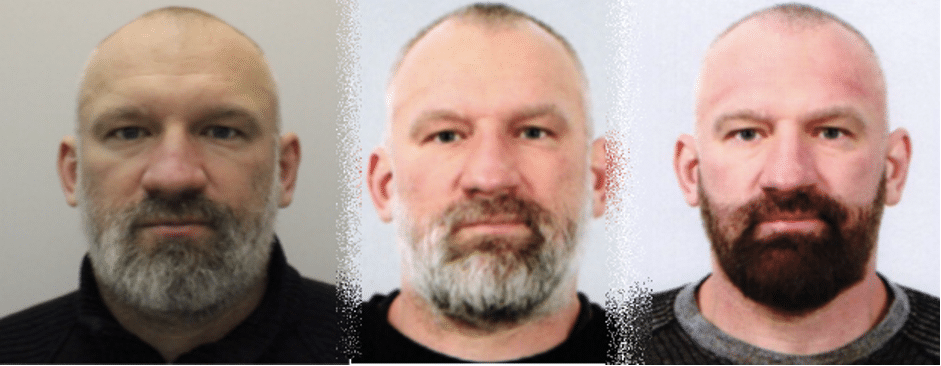
The Colonel
Colonel Konstantin Pikalov, aka “Mazay,” aka “The Colonel” under the guise of personal security, is influencing the direction of Russia’s Africa strategy, with Zakharov reportedly following his recommendations. Mazay was once a Russian military career officer, fighting in two Chechen wars, and involved with the PMC Slavonic Corps in Libya. Mazay is reportedly overseeing military issues in Africa through the “Convoy” Military Security Company, a Russian legal entity based in St. Petersburg. Mazay is serving as a liaison between the PMC military/political consultants and the Russian Ministry of Defense. This was highlighted by Bellingcat, which revealed email correspondence of Russian military instructions reaching Mazay in CAR.
What’s Next?
Last week the Russian Ministry of Defense announced it is sending 300 soldiers to the CAR to avoid a Coup attempt, according to insiders. This fits in the narrative of Wagner and Russian regulars being deployed to support leaders that curry favor with the Kremlin. President Touadéra has already proven to be a loyal ally and has fully embraced Russian influence. If this Russian influence is better than France or the UN will be determined soon enough.
By Eren Ersozoglu and Ahmed Hassan
